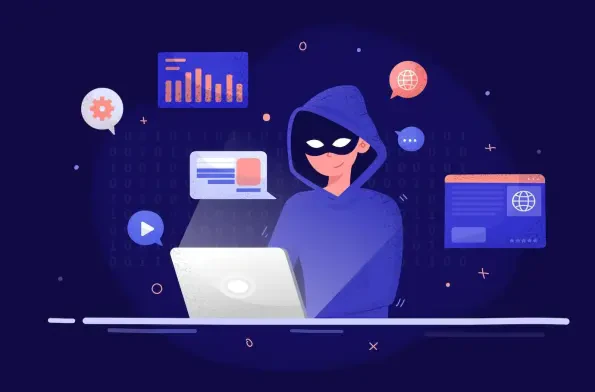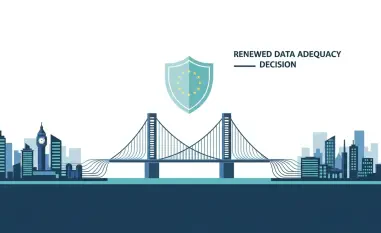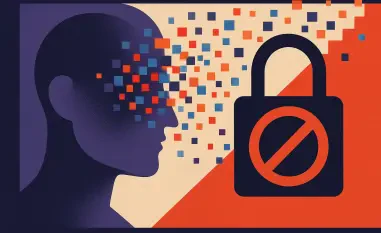Malik Haidar, a recognized authority in cybersecurity, is well-versed in analyzing threats and implementing robust security measures for multinationals. With a wealth of experience in tackling complex data privacy issues, he provides valuable insights into the ongoing legal challenges faced by tech companies regarding GDPR compliance. Today, we’ll delve into the tribunal’s ruling against TikTok and its implications, exploring both the legal details and broader ramifications in the field of data privacy.
Can you explain the significance of the tribunal’s ruling in the context of the ICO’s case against TikTok?
The tribunal’s ruling is pivotal as it confirms the ICO’s authority to impose a monetary penalty notice on TikTok. This decision marks a crucial advancement in holding major platforms accountable for their data practices, especially concerning the protection of children’s personal information. It’s not just a victory for the ICO but for anyone concerned with the digital safety of children.
What specific Articles of the UK GDPR does the ICO allege TikTok violated?
The ICO alleges that TikTok infringed upon several UK GDPR Articles, including Articles 8, 12, 13, and 5(1)(a). These articles are foundational in ensuring transparent data processing, requiring consent, and safeguarding minors’ personal data, which TikTok allegedly failed to uphold.
How did TikTok allegedly misuse personal data from children under 13 according to the ICO?
TikTok reportedly engaged 1.4 million children under the age of 13 in 2020 by offering services without obtaining required parental consent. The ICO criticizes TikTok for inadequate measures in user identification and removal procedures, thus exposing young users’ personal data without necessary protections.
What was TikTok’s argument regarding its data processing activities for children under 13?
TikTok contended that its data processing was intended for artistic purposes, invoking the GDPR’s “special purposes” provisions that it claimed should exempt the company from certain compliance obligations. This was a strategic move to argue against the ICO’s enforcement actions.
Why did the tribunal find that the “special purposes” provisions of the GDPR did not apply in this case?
The tribunal ruled that these provisions were irrelevant as the primary concern was the data processing of personal information of minors. The essence of TikTok’s operations did not align with the artistic exemptions cited, clearing the path for ICO’s enforcement measures.
What are the potential next steps for TikTok following the tribunal’s decision?
TikTok can appeal the decision to the Upper Tribunal, which may prolong the legal process. Following this, they would face a comprehensive hearing addressing the substantive issues raised in their appeal. This is part of their strategy to manage the enforcement landscape.
What concerns have been raised regarding the enforcement of fines on large tech companies like TikTok?
A recurring issue is the ability of well-resourced tech firms to deflect fines through lengthy legal battles. This can dilute the deterrent effect meant by fines and lead to concerns over justice and the promptness of enforcement actions.
Why might some believe that holding senior management personally liable could be more effective than issuing fines?
Fines can often be absorbed in business operations budgets, diminishing their impact. Personal liability introduces accountability at the decision-making level, creating a direct incentive for executives to ensure compliance and data protection standards are rigorously followed.
Can you elaborate on the new investigation the ICO launched into TikTok in March?
The ICO initiated another investigation focusing on TikTok and other companies regarding their handling of children’s personal information. This highlights ongoing vigilance and the importance of ensuring data privacy when providing services to young users.
What challenges do privacy advocates see in lengthy legal battles involving fines against tech companies?
Privacy advocates argue these protracted legal processes hinder timely resolutions and effective deterrence. They lament the ability of affluent tech companies to navigate or delay legal rulings, which can weaken regulatory authority and public trust in enforcement systems.
How does this ruling potentially impact other tech platforms beyond TikTok regarding data privacy compliance?
This ruling sets a precedent emphasizing robust compliance and transparency in data practices, encouraging other tech platforms to reevaluate their operations in light of stringent GDPR standards, especially concerning minors’ data.
What are the possible long-term implications of this case on data privacy laws and their enforcement?
Long-term effects could involve a shift towards stricter enforcement and the adaptation of privacy laws to accommodate evolving digital landscapes. It might lead to greater regulatory oversight and innovative compliance methodologies, ultimately enhancing data protection standards globally.













